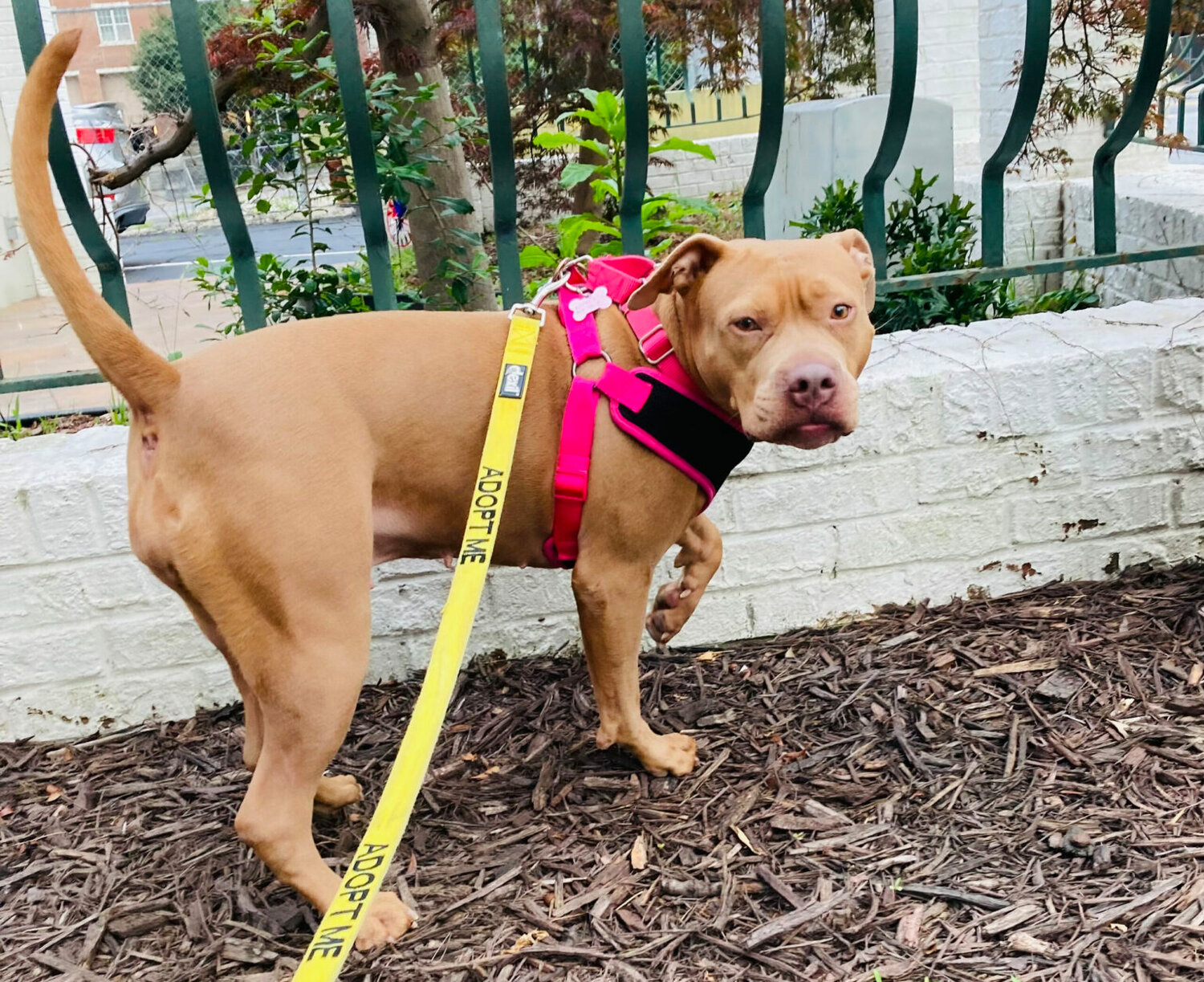
“The unexamined life is not worth living.” – Socrates
By Marita Bester
There’s something about dogs that’s pure and uncomplicated. They give affection freely, offering cuddles whenever you want them, expecting nothing in return. Dogs live with a presence we humans often struggle to maintain. While we overthink, question, and analyse, dogs embrace each moment fully, without hesitation. It makes me wonder: maybe the examined life isn’t all it’s cracked up to be. Perhaps living with open-hearted simplicity is closer to what a good life looks like.
Mark Rowlands, in his book The Happiness of Dogs – Why the Unexamined Life is Worth Living, explores dogs’ capacity for joy and meaning. He argues that humans cannot live like dogs because we are “cursed” with reflection. We think, overthink, and then think some more. Dogs, on the other hand, lack this capacity for deep reflection. Instead, according to Rowlands, they possess what he calls a kind of “pre-reflection.”
Dogs are aware of their existence in space, relative to other objects, especially objects they might want to chase. However, that’s about as far as their self-consciousness goes. Despite this limitation, dogs don’t seem troubled by it. They simply carry on with the business of being a dog.
Rowlands draws a fascinating parallel to the myth of Sisyphus. In Greek mythology, Sisyphus was condemned in the afterlife to push an enormous boulder up a hill, only for it to roll back down, forcing him to repeat the task for eternity. His punishment is often seen as a metaphor for the futility of existence. The gods devised it as a form of mental torture. But if you look at a dog, this very repetition—this so-called “meaningless” task—is what they seem to enjoy most.
I used to take my dog, Max, to the beach every morning, and he was always excited to go. Once we arrived, Max would run up and down the shore, barking at the ocean, the birds, and even the rocks—just for the sheer joy of it. There was no apparent reason for his actions other than the pleasure it gave him, day after day. Though Max did not know the myth of Sisyphus, he embodied it every morning, blissfully unaware. For Max, that was life’s meaning—running, barking, playing. He didn’t question his existence; he simply revelled in it.
Rowlands also asks whether dogs can act morally or reason logically. These are questions we often pose to ourselves, yet sometimes I wonder if we humans even manage to live up to those ideals. As Rowlands suggests, perhaps dogs can reason but simply choose not to. It’s almost as if, in their domestication, they made a pact with us: we humans would handle the overthinking, and they’d focus on enjoying life.

To answer the question of what a good life is, perhaps living with a pet is the epitome of it. Throughout history, many literary greats have found inspiration in their pets, leading to some of the most beautiful works of art and literature. The poet Mary Oliver, for example, wrote an entire collection of soul-stirring poems about dogs, aptly titled Dog Songs. In these poems, she celebrates the unique and profound bond between humans and their canine companions, shedding light on what dogs can teach us about our own lives.
In her poem Luke, Oliver beautifully captures the sensory awareness of dogs. She describes how her dog would pause in a field to smell the flowers, playfully adoring each blossom. Through this imagery, she reveals a longing many of us feel—to be “that happy, that wild, and that loving.” Oliver also reflects on the mystery of a dog’s world, observing, “A dog can never tell you what she knows from the smells of the world, but you know, watching her, that you know almost nothing.”
In another poem, The Sweetness of Dogs, she pays homage to the unconditional devotion of dogs, showing how their wholehearted love teaches us to love and understand that we are love in their eyes.
So, the next time you see your dog barking at something invisible, remember that he is happy. In his playful way, he’s demonstrating why the “unexamined” life is worth living. Perhaps, in the end, life isn’t about endless reflection or searching for meaning. Maybe it’s about being present, loving fully, and embracing each moment—just as our dogs do daily.
Like this? Read more great content from Marita Bester





